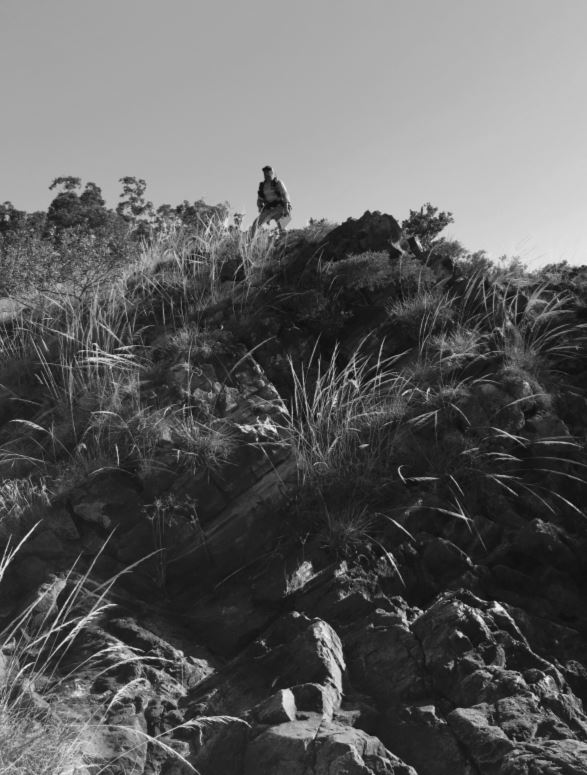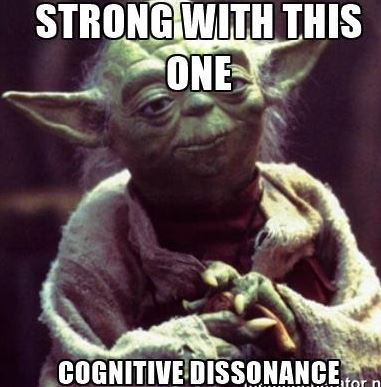Maslow’s Theory
The theory of motivational needs by Maslow states that there is a hierarchy which must be ascended like a ladder in order for an individual to achieve higher level needs. Simply stated, basic needs like food, water, shelter must be met first. The need for a safe and secure environment is followed by the need to be in healthy relationships, family and friends. The self worth of a person, their self esteem is also a need that must be met in order for them to have the confidence to achieve self actualization, the realization of one’s potential. Viktor Frankl suggested the highest need was to rise above the ego through self transcendence or enlightenment.
Alcoholism tends to skew our hierarchy of needs. The compulsion to drink will over ride basic needs such as nutritious food, sleep and basic health care. We often put our safety and security at risk and as well as our relationships. Being riddled with self pity, self hate, fear and anger our self esteem is near to non-existent or presents as a facade of arrogance and “big shotism”. Our primary need is satisfying our addiction. Everything else falls in to some fumbled order that rejects Maslow’s theory.
The Recovery Ladder
In recovery I’ve become acutely aware of my personal hierarchy of needs. Some times they seem selfish. I often ask myself if I’m putting my own needs before others. Is my recovery so important that the way I live my life is neglectful of others. Have I replaced one addiction for another in the form of a program of recovery? Sometimes I get confused as to why my need to self actualize and improve through the daily practices of meditation, study and physical exercise seems to be at odds with loved ones. Even with compromise there seems to be a tension. Am I missing something? What are my needs and how to I reconcile those with the needs of others? Am I being selfish and self centered?
In recovery we adopt a principle of “Live and Let Live” and “Let Go and Let God”. We surrender much of the control we once struggled to maintain. Trying to control people, places, things and circumstance put as at odds with the flow of life and when we didn’t get our way we drunk to get even. We grew resentful and bitter that the world did not conform itself to our expectations. Then in recovery we focus on self improvement and are left feeling guilty asking if self improvement is self indulgence.
The Me Reality
Look around you. Everyone is doing what they want. Not only that they are making their cake, eating it and posting the entire event on Face Book or Instagram. Right now there is a global phenomenon of highly visible but false self actualization going on. People have become so fixated in gaining acceptance and validation that they follow fads or what ever is trending that day and fish for likes for everything from the mundane to the insane.
Society is obsessed with instant gratification and entitlement. The effort required to achieve real self esteem and self actualization is sabotaged by a pervasive attitude of easy access and discouragement. People want the gains but they are not prepared to work for it and are confused when life does not grant them their wishes. In the perpetual search for approval and validation they will accept ‘Likes” on Social Media as a surrogate. From the moment kids were given “participation trophies” for showing up and the words “winning and losing” were banned from school age competition we created a society that screams “me, me and me”.
The Other Side
It seems people are too busy judging each other or trying to validate themselves on social media. They have forgotten the motivating factor behind their actions or it has been reduced to “Likes”. Does it really matter what other people think? Do we really need to be so obsessed with widespread approval?
What happens on the other side of the street is not as important as what happens on our side. Sobriety is largely contingent on how we feel about ourselves and how we think moment to moment. If our words and actions are consistent with our personal values then we are on steady ground. When we allow conflicting needs and expectations to confuse our own primary goal of staying sober and we start to fall off course.
Jedi Needs
The needs of a Fictional Jedi were very clear and very simple. Basic needs were met without fuss or fanfare. Jedi would eat when hungry, drink when thirsty, sleep when tired and seek shelter from the elements when required. They dressed to suit the environmental conditions they expected to operate in. The safety and security of others was more commonly placed before their own. Jedi were still cautious when required and did not take unnecessary risks. With the exception of Anakin and one or two others, the Jedi were mindfully daring but not foolhardy or reckless. Decades of rigorous training meant that actions and reactions were drilled in to them.
The Jedi formed close bonds with their own and with other sentient beings. While grasping attachment to individuals was not allowed they were encouraged to form positive and productive relationships with all life forms. The Jedi knew that all life is interconnected and belongs to the Force and they identified strongly to that non-dualistic belief.
Jedi naturally had self esteem and self confidence that comes with achieving excellence. The Jedi Order was a meritocracy and Jedi were promoted from Padawan to Knight and finally to Master and Council Member when they demonstrated they were ready. There were no free lunches and no short cuts.
Self actualization was the outcome of Jedi training. The harsh conditions under which they trained and operated, the supportive nature of the Jedi Order and the focus on personal development and self improvement through training, mentorship and experience produced individuals who were mentally, physically, emotionally and spiritually highly evolved. The Jedi could also reach transcendence and unite with the Force.
Realities and Needs
The goal of “world betterment through self betterment” in Jedi Philosophy strongly advocates self actualization. Real World Jedi are expected to demonstrate virtues and qualities in all their affairs which are consistent with the Jedi Code. This means that real world Jedi, like the fictional Jedi we take inspiration from, have the following qualities:
- they are tolerant and accepting of others. Being easy on others but hard on themselves;
- they are humble without being self deprecating or lacking self esteem;
- they seek meaningful and rewarding relationships based on mutual respect for each other needs and opinions;
- take a realistic and objective view of life that understands that good and bad things happen;
- understand that hard work and effort is needed to get results;
- accept that sometimes we do not get what we want;
- simplify and take a minimalist approach to possessions and wants;
- can be self reliant and not have to depend on others for needs including approval and validation;
- show creativity through expression or through action;
- take an active interest in the environment and community, thinking global, acting local;
- Jedi seek practical and sane solutions to problems as they arise.
When I look at this list I see many of the virtues and principles that underpin the 12 Steps. Being a 12-Stepper and a Jedi is not that much different. We know who we are and we know what our needs are and we can define them. Our hierarchy of needs are re-established. We take care of ourselves and care for others. We build meaningful and deep relationships. Our self esteem improves over time and we remain humble. With spiritual growth we go beyond single spiritual experiences and start to realize transcendence.
We seem different to other people, because we are; we are survivors. Having values and principles that keep us sober is not a drawback, it is a great asset in these times of instant gratification and discouragement. Of all the people out there, it is those that have survived the trials of life be it trauma, tragedy, addiction or mental illness that truly understand the climb up the ladder of the hierarchy of needs. The blessing is we can use that to pass a hand down and help others up.











